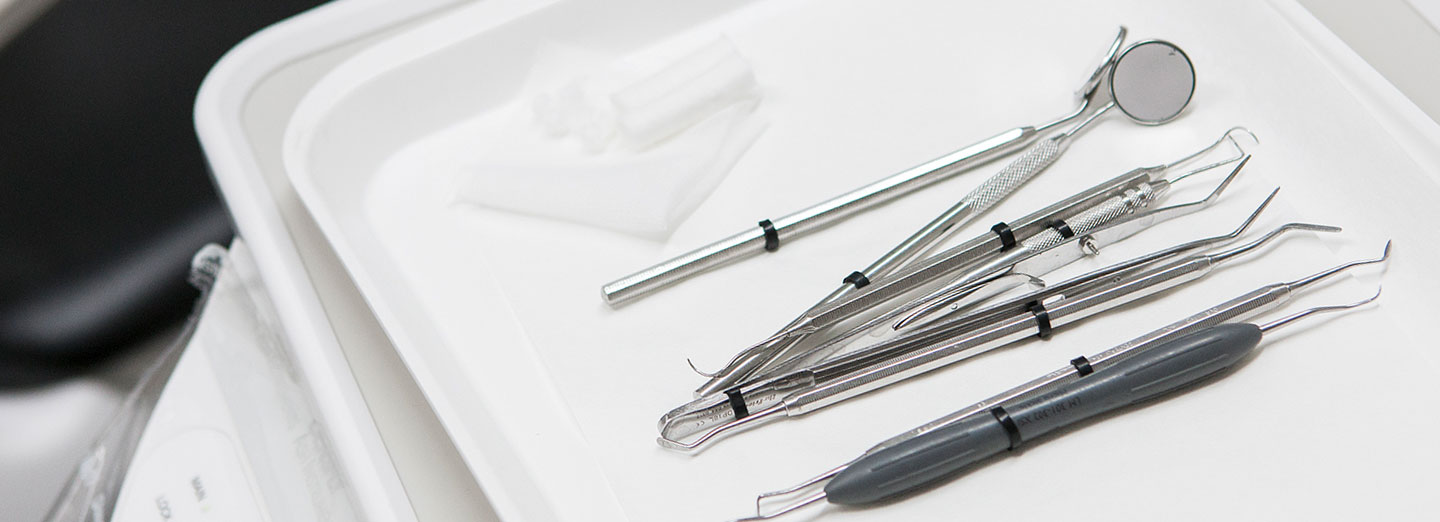07/11/2019
How to look after your teeth when you’re over 70
With retirement, many people change their eating habits. It’s all too easy to raid the fridge or snack throughout the day. Snacking often creates the ideal environment for the bacteria that cause decay to flourish. Eating three times a day is much safer than grazing.
The things you eat or drink immediately before bed have a disproportionate effect on your decay risk. Your saliva does a lot to buffer the acid that causes your teeth to decay. However, when you sleep, there is less saliva around to do the job. It’s almost impossible to clean your teeth perfectly so the little bits of sugar left behind will lead to decay. It’s much safer to avoid eating or drinking anything containing sugar at least two hours before bed.
Dexterity problems
Physical conditions such as arthritis can impact a patient’s ability to care for their teeth – brushing/flossing can be very difficult.
- Switch to an electric toothbrush – requires minimum hand and arm movement and the toothbrush does most of the work for you
- Try to choose a toothbrush with a bigger handle or wrap a flannel or foam tube around it to make it easier to grip
- Try a long-handled floss holder, floss pick or threader
- Use toothpaste that comes in a pump, rather than a tube
- Visit your dentist regularly for checks and cleans
- Using prescription-only high fluoride toothpaste and a fluoride mouth rinse are also important steps to take
Oral health and other conditions
Numerous studies have shown a link between systemic disease and gum disease
- The links between gum disease and diabetes have been known for half a century
- More recently the links between heart disease and gum disease were proven
- Ongoing research is looking at the role of gum disease in Alzheimer’s, erectile dysfunction, rheumatoid arthritis, stroke, respiratory disease and chronic kidney disease
- It seems sensible to keep gum disease under control, so we advise that you see your dentist or hygienist regularly
Oral thrush
This is common in denture-wearers and the symptoms include:
- White patches in the mouth
- Cracks in the corners of the mouth
- Inability to taste properly
- Soreness
- Difficulty eating and drinking
It’s easily Easily treated with medicated gel and dentures need regular cleaning with suitable antibacterial agent. Where there is no metal on the denture, Milton solution is very effective. Rinse the denture thoroughly before putting back in the mouth. Where there are metal parts on the denture, denture soaking liquids are available from pharmacists.
Root decay
- Increases with age and decreased saliva flow
- Often associated with gum disease
- Gums recede as we age and so bacteria can get onto the root
- Control dietary sugar content, frequency and timing (none before bed)
- See hygienist or dentist regularly for suitable prevention or timely intervention where required
Denture care
- Dentures can wear out with use and the gums can change or shrink, causing a poorer fit. Therefore, dentures may need to be relined or replaced
- It’s important to check condition regularly – look for any chips or breaks
- Guy Stephens at Finn Dental Specialists has a special interest in making and fitting dentures. He can work from old photos to replicate a patient’s teeth when they were younger

Oral cancer risk
Oral cancer is more prevalent in the over 70s. It can occur on the tongue, palate, insides of the cheeks, lips or gums
Risk factors include:
- Smoking or tobacco-use
- Alcohol – heavier consumption is linked to a higher risk
- Infection with the human papilloma virus (HPV), the virus that causes genital warts
It’s important to be aware of symptoms as early treatment has a much higher success rate.
Symptoms to look out for include:
- Ulcers or sores that don’t heal within 14 days
- White or red patches on the lining of the mouth or tongue
- Unexplained lumps in the mouth or neck that don’t go away
- Unexplained looseness of teeth or sockets that don’t heal
- Numbness in the tongue or lip
- Speech-changes such as a lisp
Never hesitate to report any new or unusual symptoms to your dentist.
We carry out an oral cancer examination as an integral part of the regular dental examination.

